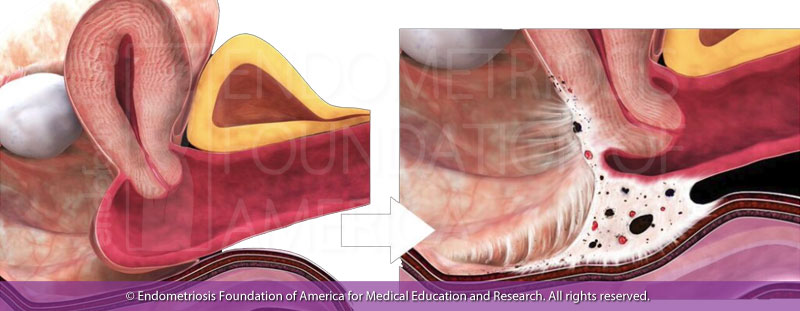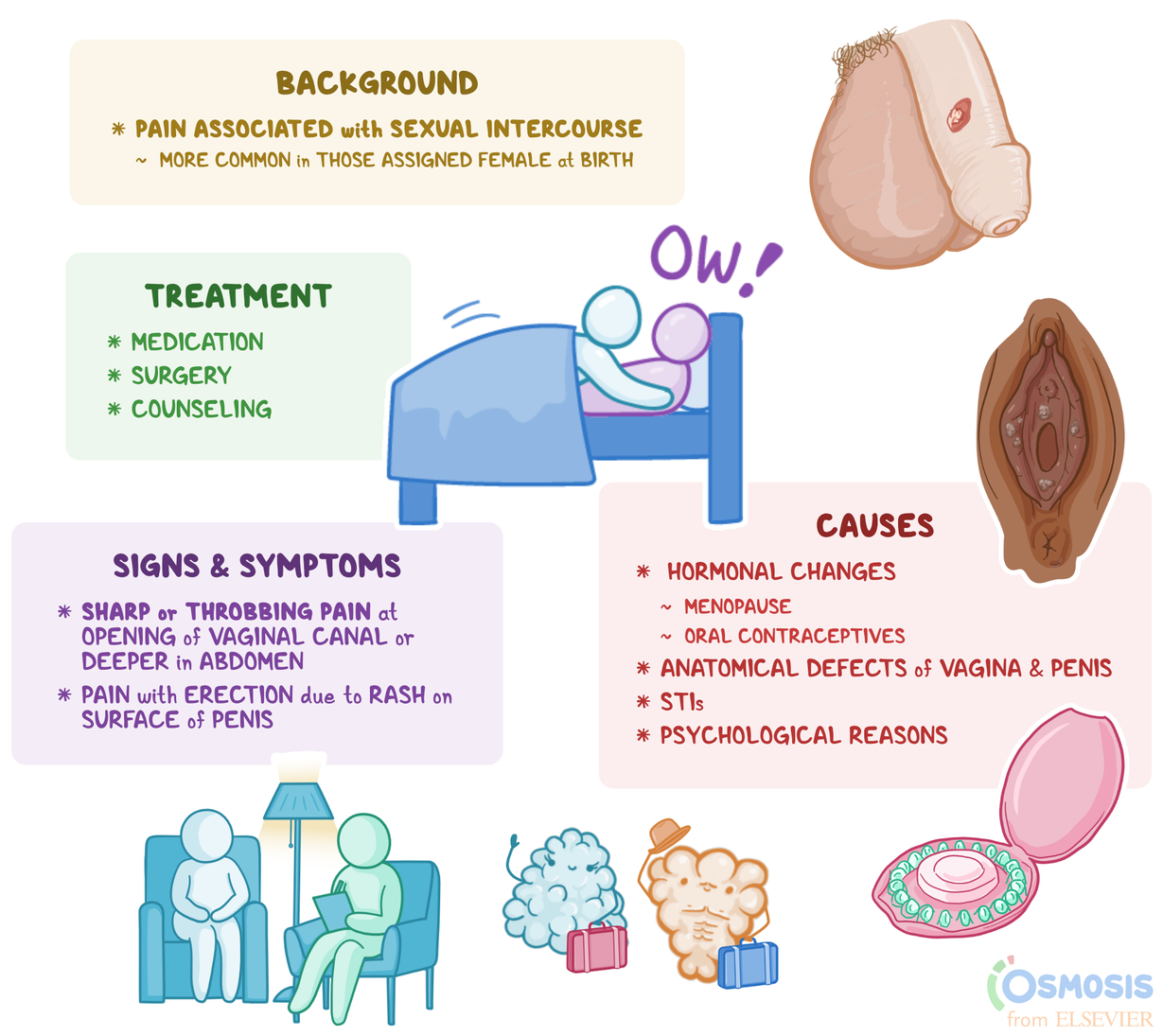Sexual intercourse is a natural and pleasurable experience for most people. However, it is important to acknowledge that some women may experience pain during sex. This condition, known as dyspareunia, can have various causes and can significantly impact a woman’s sexual well-being and overall quality of life.
Causes of Painful Sex
There are several potential causes of painful sex in women:
- Insufficient lubrication: Inadequate vaginal lubrication can result in friction and discomfort during intercourse. This can be caused by hormonal imbalances, certain medications, menopause, breastfeeding, or psychological factors such as stress or anxiety.
- Vaginal infections: Infections such as yeast infections or bacterial vaginosis can cause inflammation and pain during sex.
- Endometriosis: This is a condition in which the tissue that normally lines the uterus grows outside the uterus. It can cause pelvic pain during sex.
- Pelvic inflammatory disease (PID): PID is an infection of the female reproductive organs, often caused by sexually transmitted infections. It can cause pain during sex.
- Uterine fibroids: These are noncancerous growths in the uterus that can cause pain and discomfort during sex.
- Pelvic floor muscle dysfunction: Weak or tight pelvic floor muscles can contribute to pain during intercourse.
- Psychological factors: Stress, anxiety, past sexual trauma, or relationship issues can also lead to painful sex.

Credit: www.solacewomenscare.com
Seeking Medical Help
If a woman experiences persistent pain during sex, it is essential to consult a healthcare professional. A doctor or gynecologist can help identify the underlying cause and develop an appropriate treatment plan.
During the medical consultation, the healthcare provider may ask questions about the nature and location of the pain, the frequency of occurrence, and any associated symptoms. They may also perform a physical examination and order additional tests if necessary.
The treatment for painful sex depends on the underlying cause. For example:
- If the pain is due to insufficient lubrication, using a water-based lubricant can help alleviate discomfort.
- In cases of vaginal infections, appropriate medications such as antifungal or antibacterial treatments may be prescribed.
- For conditions like endometriosis or uterine fibroids, the doctor may recommend hormonal treatments or, in severe cases, surgery.
- Physical therapy or exercises to strengthen or relax the pelvic floor muscles may be beneficial for women with pelvic floor dysfunction.
- In situations where psychological factors play a significant role, therapy or counseling may be recommended to address the emotional aspects of the pain.
It is important to remember that seeking medical help is crucial for accurate diagnosis and effective treatment. Ignoring the pain and hoping it will resolve on its own can lead to further complications and worsening of symptoms.
Communication and Emotional Support
Dealing with painful sex can be emotionally challenging for women. It is essential to communicate openly with your partner about your experience and seek their understanding and support. A loving and supportive partner can play a crucial role in helping you navigate through this difficult situation.
Additionally, joining support groups or seeking therapy can provide a safe space to share experiences and learn coping strategies from others who have faced similar challenges.
Remember, you are not alone, and there are resources available to help you overcome painful sex and enhance your sexual well-being.

Credit: www.endofound.org
Preventing Painful Sex
While not all causes of painful sex are preventable, there are steps women can take to reduce the risk:
- Engage in foreplay: Sufficient arousal and foreplay can help stimulate natural lubrication, reducing the chances of discomfort during intercourse.
- Use lubricants: If natural lubrication is insufficient, using water-based lubricants can enhance comfort during sex.
- Practice safe sex: Reducing the risk of sexually transmitted infections can help prevent conditions like PID, which can lead to painful sex.
- Manage stress: Learning stress management techniques can help reduce the impact of psychological factors on sexual well-being.
- Seek regular gynecological check-ups: Regular visits to a gynecologist can help detect and address any underlying issues early on.
Conclusion
Painful sex is a common concern for many women, but it is not something that should be ignored or tolerated. It is essential to seek medical help and communicate openly with your partner about your experience. With proper diagnosis and treatment, it is possible to overcome painful sex and restore a fulfilling and enjoyable sexual life.

Ahmed bin Rashid, a seasoned travel enthusiast and visa process expert and the successful Businessman in Dubai. With an LLB from the University of Bolton in 2015, he combines his legal knowledge with his passion for exploration, offering invaluable insights into Business formation and visa processes around the globe. Follow Ahmed’s captivating journeys and expert advice to embark on your unforgettable adventures & Business.

